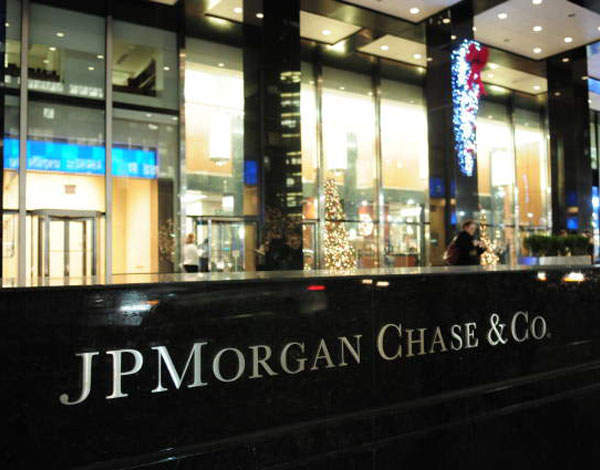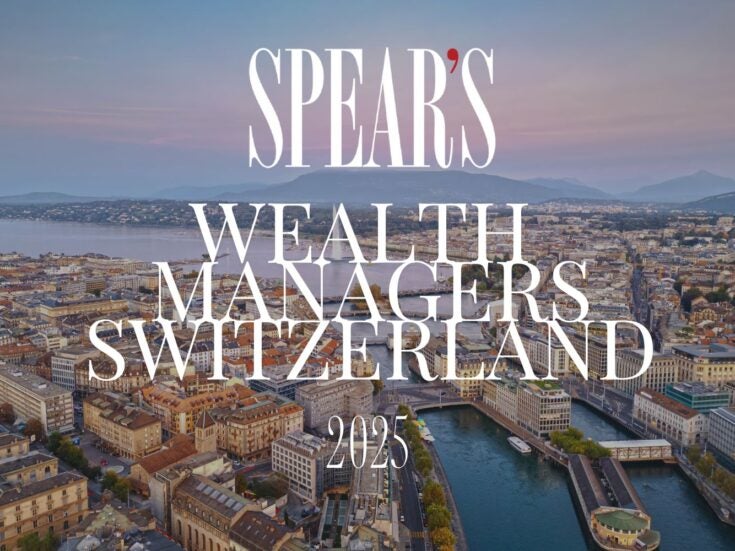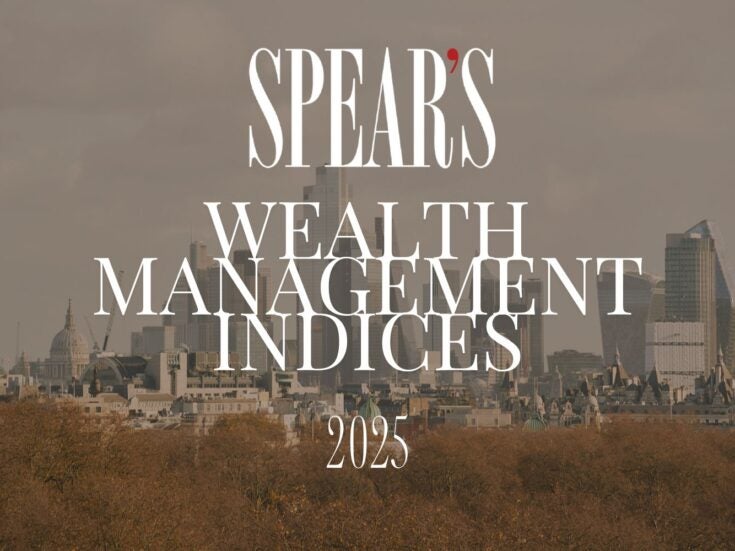

The jury appears to be still out on investment in Europe in 2014. A study of ultra high net worth and high net worth investors across Europe undertaken by JP Morgan has shown that 70 per cent of investors are positive about Europe, half of them saying European markets will be the best equity performers.
This is in stark contrast to the same time last year when sentiment towards the region was at much lower levels (below 30 per cent) as investors saw the greatest opportunities in the US and emerging markets equities. According to the current survey, the US is still thought to be a strong equity market to invest in next year (23 per cent), too, particularly for UK investors (31 per cent).
Cesar Perez, chief investment strategist at JP Morgan Private Bank in EMEA was bullish on Europe, last week saying: ‘Historically, equity markets have performed well in the early stages of rising rate environments, so we agree with investors and see potential for this asset class to outperform over the next year. We also believe the Euro area to be at the onset of an improvement in hard data, such as retail sales.
‘Given higher operating leverage in Europe, even a small increase in growth can translate into improving operating margins and earnings next year. Our models for forecasting earnings growth leads us to expect a 6 to 10 per cent growth rate is attainable next year. We believe equity markets in Europe to offer a good risk-return profile, so we went overweight in the region in October based on better clarity around the sovereign and corporate outlook.’
However such outright confidence was in contrast to Alex Freidman, global chief investment officer at UBS, who this morning said: ‘I think we’ve all taken off the table the idea that the monetary union will break up, but we’re not out of the woods yet.’ Speaking on risk in Europe, Friedman highlighted how damaging deflation could be for trade: ‘I’m worried about it. It’s like a balance beam, any of us can walk across it but we can also fall off it. If demand slackens in emerging markets that’s a big problem for Europe.’
No cause for caution?
Perez sees no cause for such caution, saying: ‘Europe is investable again. Agents have spent the last three or four years saying emerging markets: upgrade; developed markets: downgrade. We’re countering them… we’ve just turned and people haven’t realised. Spain, yesterday, went to stable, Portugal too, Greece: upgrade; Cyprus: upgrade… while the emerging markets are opposite.’
But it’s not a view shared explicitly by UBS economists Bill O’Neill, Ricardo Garcia and Caesar Lack, who, despite being generally upbeat on stability and growth, write in the bank’s CIO 2014 report:
‘Consumer price inflation is expected to fall well short of the ECB target of just under 2 per cent… the ECB, in our view, will retain its easing bias to boost recovery and provide enough liquidity. Meanwhile, some downside risks persist: economic disappointments could bring a country, such as Cyprus, close to default and reignite exit fears.’
Raj Tanna, portfolio manager at JP Morgan Private Bank, bemoaned the undervaluing of European businesses when it came to attracting investment: ‘…everyone’s worried about Greece, everyone’s worried about Euro break up risk, what everyone forgets is that we have good business in Europe… businesses are trading at distressed values through no fault of their own.’
Both reports agree on China leading growth while the US sets the pace for developed markets and both identify equity as remaining dominant as bonds look to make a slow and long awaited recovery while central banks look to wind down QE.
On Europe, there is no broad consensus on growth warranting investment. However with equity remaining dominant it seems there could be worse things to do than invest part of your portfolio in companies and banks with exposure to a recovering currency union that makes up the world’s third largest economy.







